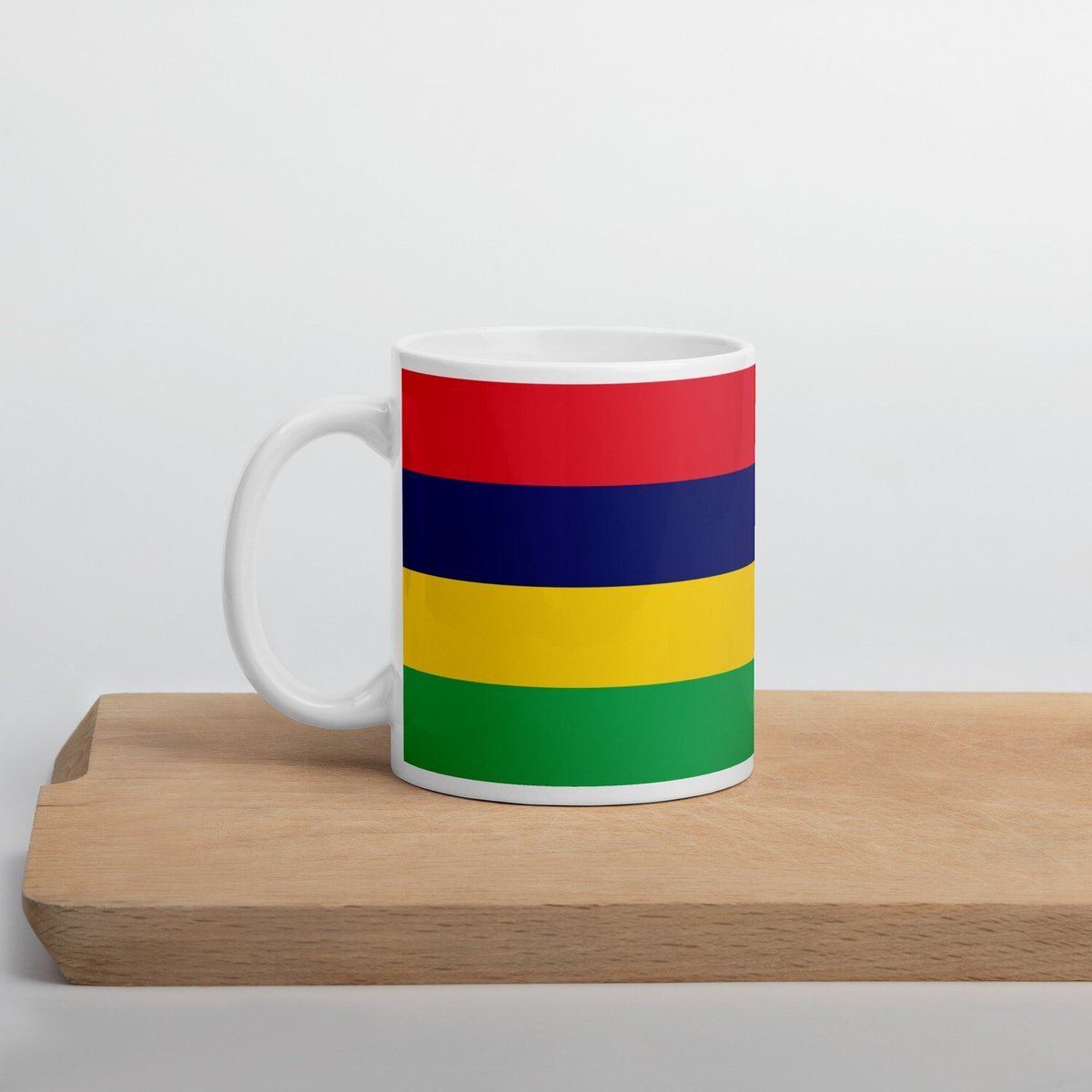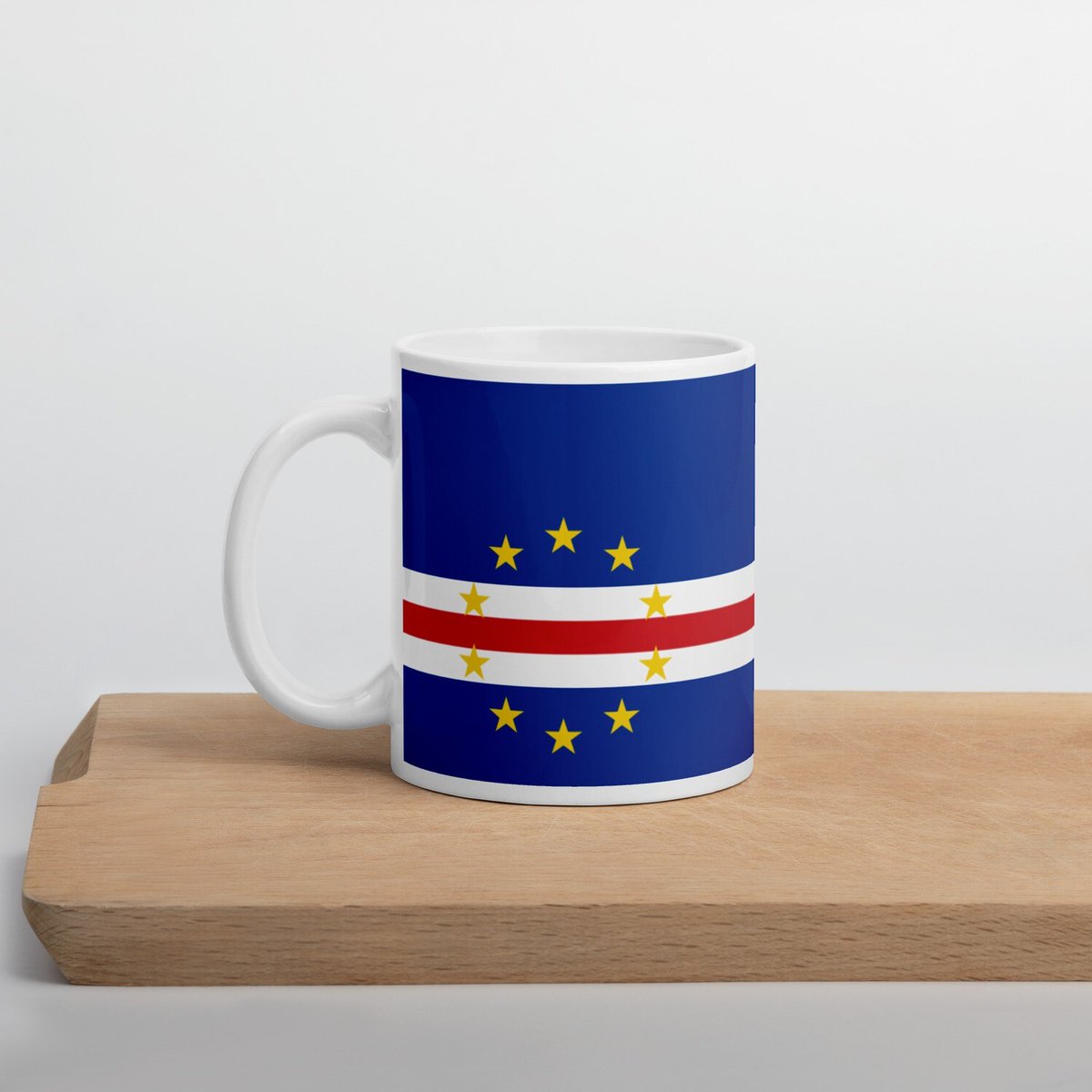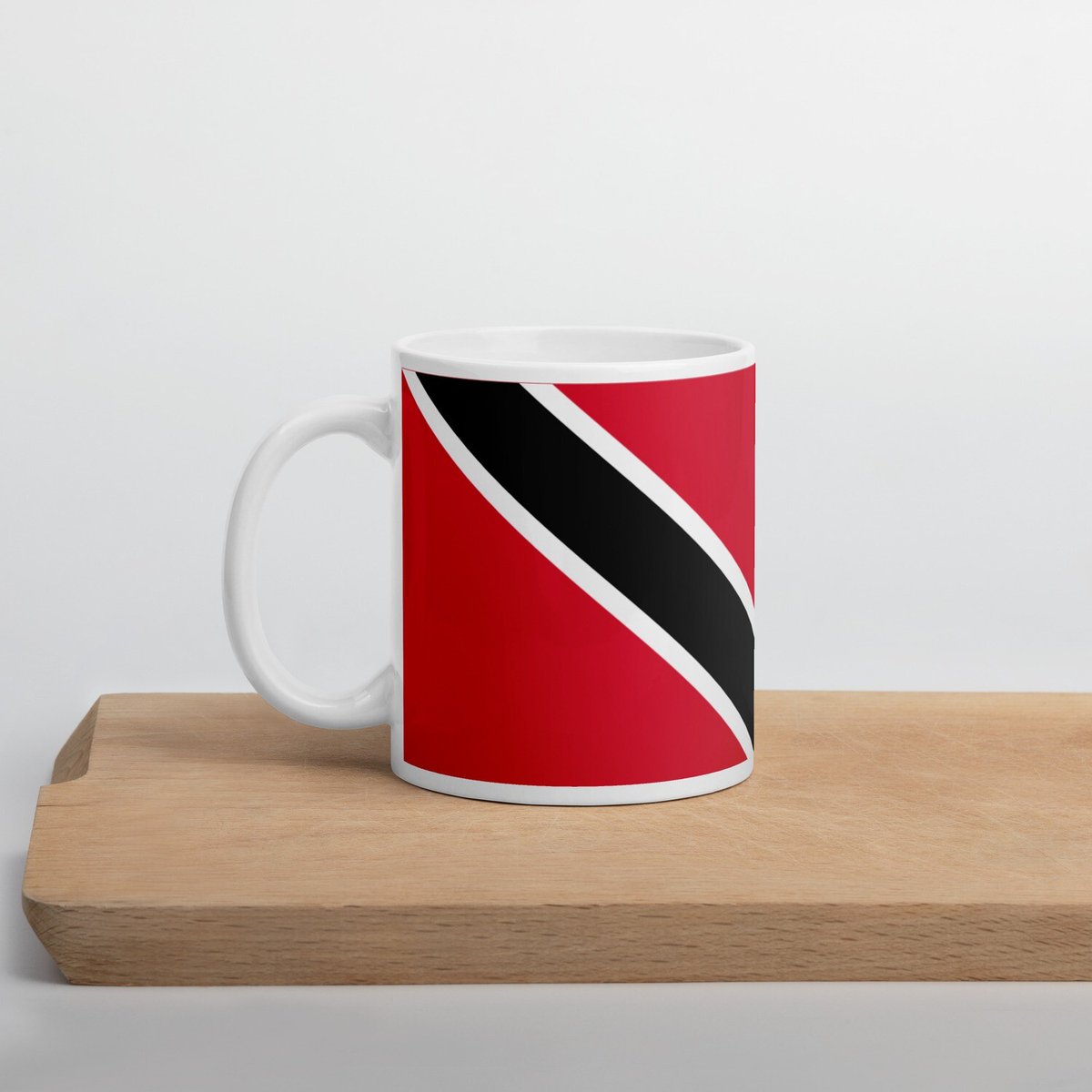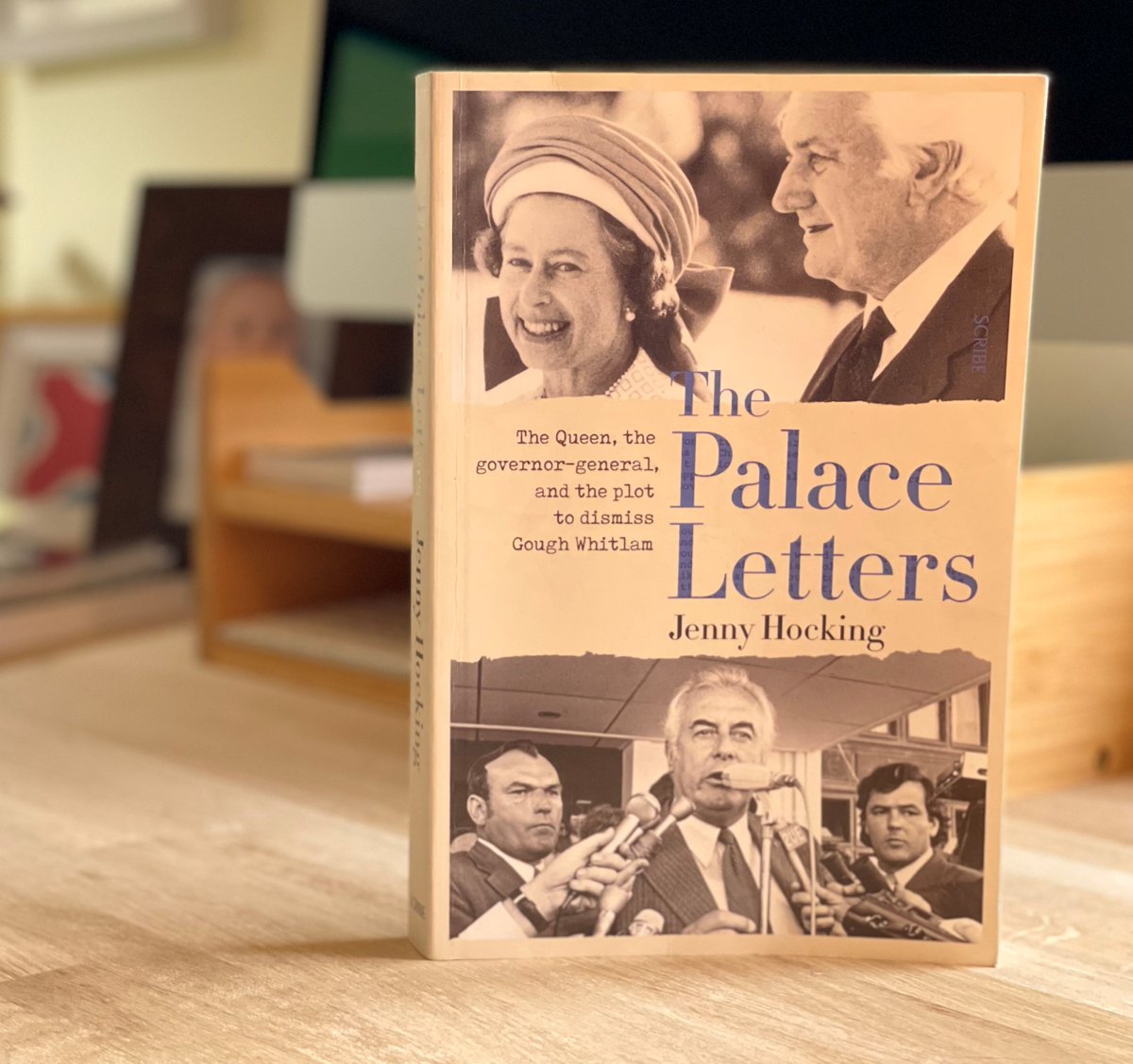
Of course our campaign is about the British monarchy. But it's worth reflecting on monarchs around the world, whose legitimacy is bolstered by our own. A thread.
arabnews.com/node/1261591/s…
arabnews.com/node/1261591/s…
This is King Vajiralongkorn of Thailand. He is vicious and corrupt. In a country that still has around 6% living in poverty he has amassed a personal fortune estimated between $30 and $70bn.
bbc.co.uk/news/world-asi…
bbc.co.uk/news/world-asi…
He has collaborated with military leaders, who staged a coup shortly before his accession to the throne. He spends a lot of his time in Germany, rather than in Thailand, including during the Covid pandemic.
dw.com/en/thailands-k…
dw.com/en/thailands-k…
In January 2021, reports surfaced that Princess Sirindhorn, the King's younger sister, had been taken to the hospital for serious injuries to both her ankles. These injuries appear to be the result of a direct physical attack on the Princess by the King.
thailandtv.news/king-of-thaila…
thailandtv.news/king-of-thaila…
Reports suggested that the Princess had become angry upon being informed that the King would be formally making a concubine his second wife, making her his second queen.
During the heated exchange, sources from the palace say that the King's dogs jumped on the Princess, knocking her over. While on the ground, the king appears to have broken her ankles either by jumping on them or using his cane.
More specifics of the encounter remain unclear due to lèse majesté laws, which endanger anybody who divulges information regarding the incident.
Last year a woman was sentenced for 47 years for criticising the King. This is part of a wider pattern of oppression to ensure the military and monarch can hold onto power.
theguardian.com/world/2021/jan…
theguardian.com/world/2021/jan…
This is Mswati III, King of eSwatini (formerly Swaziland). After independence in 1968 eSwatini was a parliamentary democracy. That ended when Mswati's father, the previous king, staged a coup and turned the country into an absolute monarchy (dictatorship).
en.wikipedia.org/wiki/Mswati_III
en.wikipedia.org/wiki/Mswati_III
Mswati III has been accused of human rights abuses and corruption and has continued to rule eSwatini as an absolute monarch. Despite this, he was invited to Buckingham Palace for a banquet to celebrate the 2012 jubilee, along with the King of Bahrain.
theguardian.com/uk/2012/may/18…
theguardian.com/uk/2012/may/18…
The Bahraini monarch is Hamad bin Isa Al Khalifa, who has been widely condemned for the 2011 crackdown on protests that were inspired by the Arab Spring.
en.wikipedia.org/wiki/Hamad_bin…
en.wikipedia.org/wiki/Hamad_bin…
The Saudi king, Salman bin Abdulaziz Al Saud is the head of a hereditary dictatorship that has among the worst human rights records in the world. Even so the Queen invited the country's ambassador, to her jubilee dinner.
en.wikipedia.org/wiki/Salman_of…
en.wikipedia.org/wiki/Salman_of…
This is Hassanal Bolkiah ibni Omar Ali Saifuddien III, the Sultan of Brunei, also a guest of the Queen on a number of occasions. He is an absolute monarchy.
en.wikipedia.org/wiki/Hassanal_…
en.wikipedia.org/wiki/Hassanal_…
According to Human Rights Watch, Brunei’s Syariah Penal Code "poses grave threats to fundamental human rights and discriminates against the country’s most vulnerable groups, including children, women, and religious and sexual minorities."
hrw.org/news/2019/05/2…
hrw.org/news/2019/05/2…
Constitutional monarchies in Europe are not dictatorships, and they don't come close to the atrocious crimes of their despotic counterparts. However they do help legitimise these people, by legitimising the idea of monarchy.
And European monarchies do stand accused of corruption and abuse of office, including the Swedish king who has been accused of connections with organised crime, and the former Spanish kind who is in self-imposed exile in the Middle East.
dailymail.co.uk/femail/article…
dailymail.co.uk/femail/article…
And of course our own royals stand accused of mis-use of public money and involvement with Epstein.
republic.org.uk/press_releases
republic.org.uk/press_releases

There is no such thing as a good monarchy.
#AbolishTheMonarchy
#AbolishTheMonarchy
• • •
Missing some Tweet in this thread? You can try to
force a refresh






















